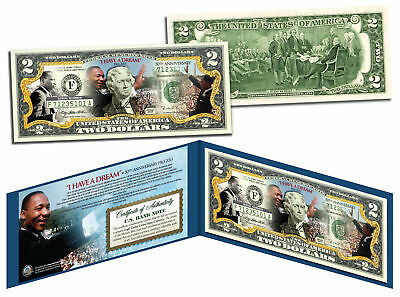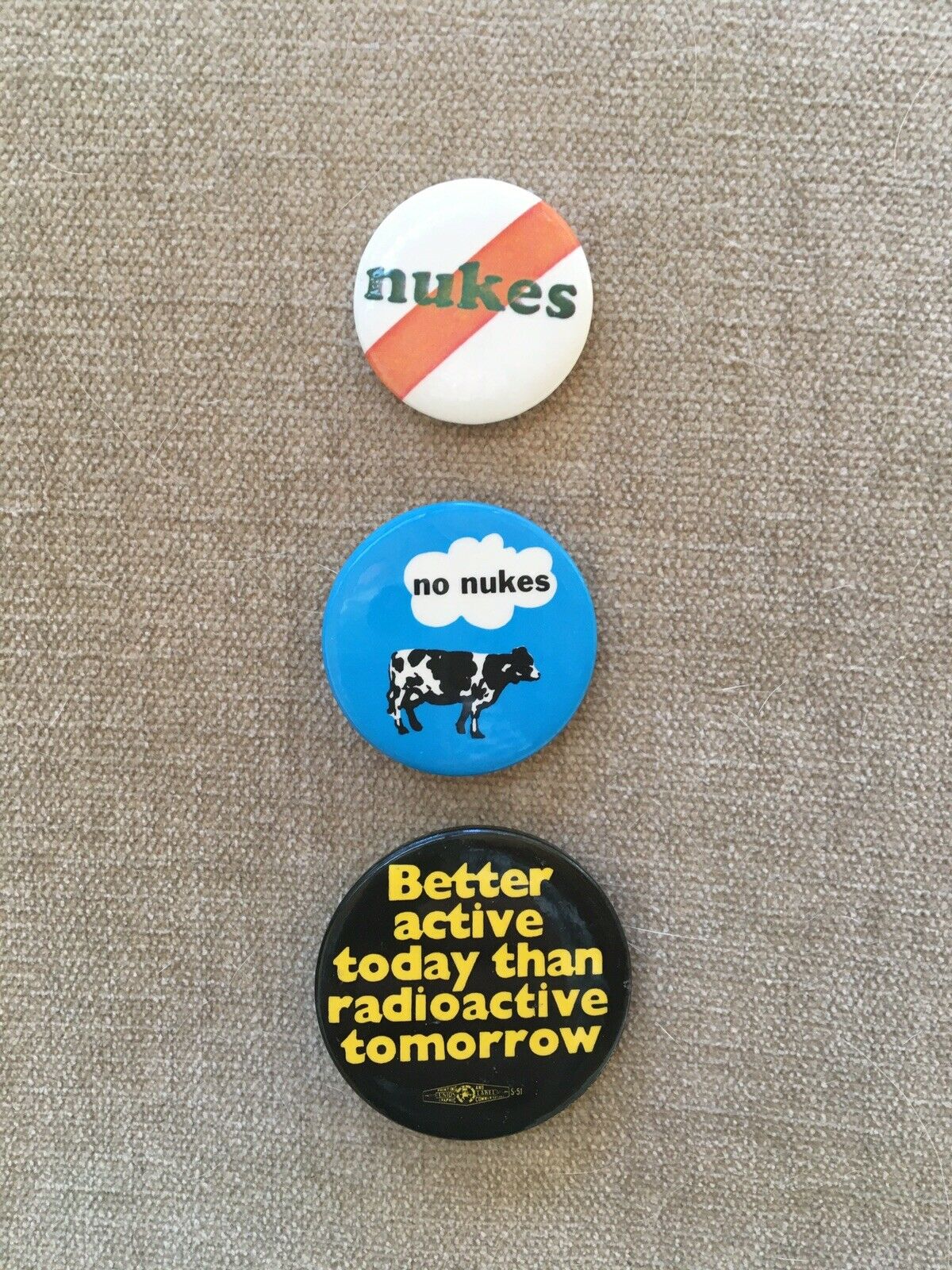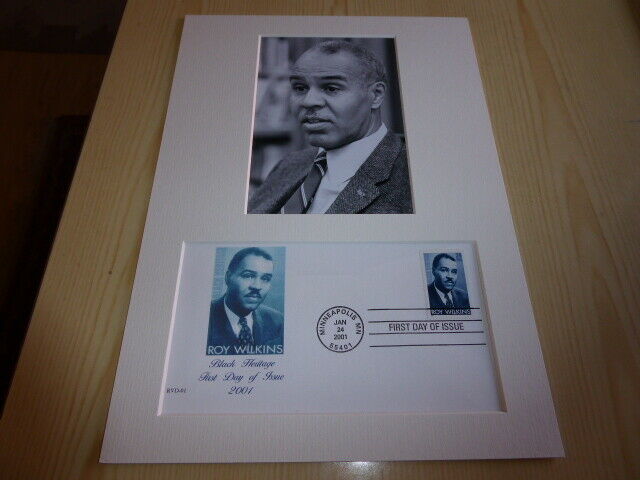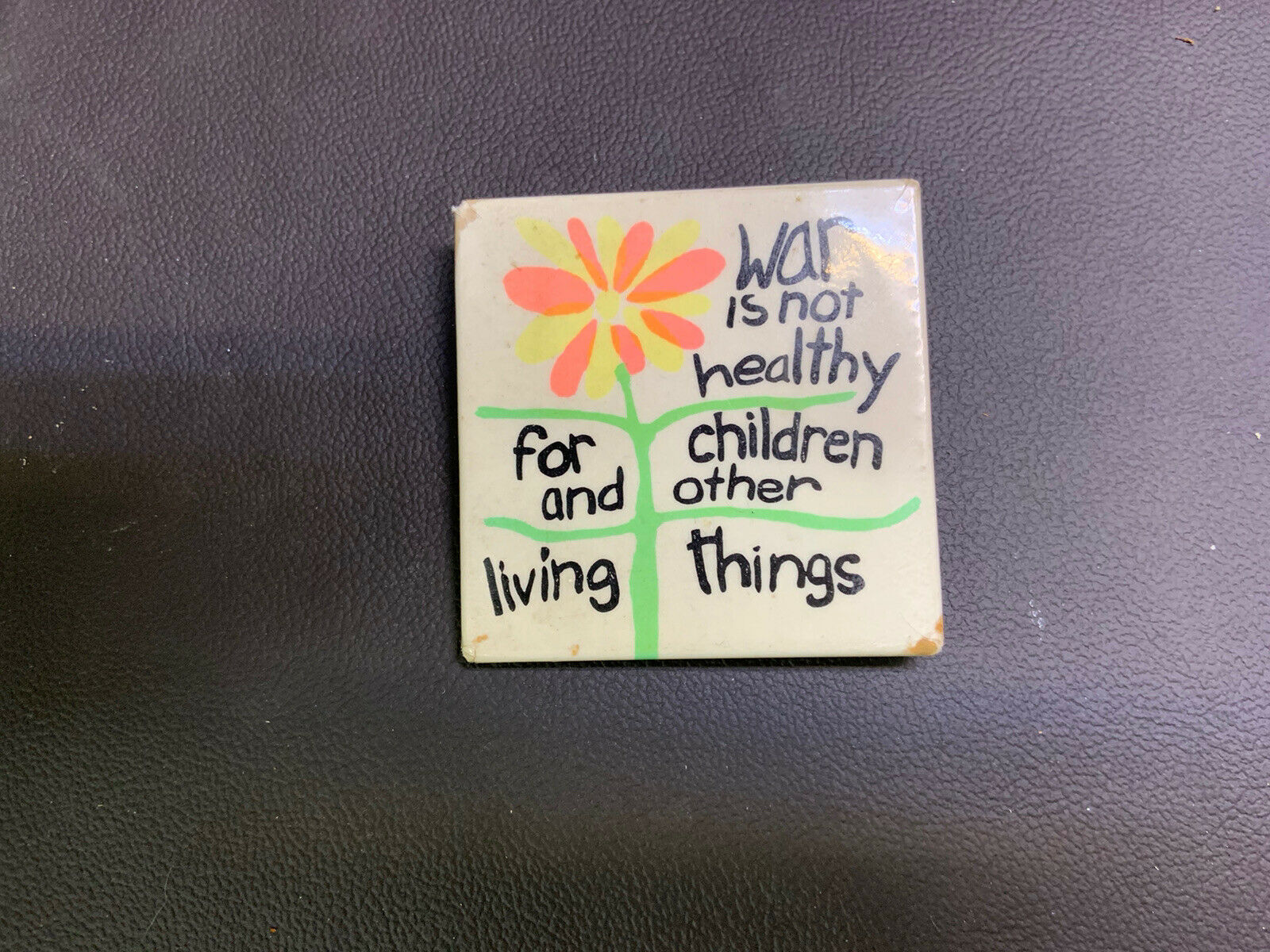-40%
April 22, 1972 Anti Vietnam War Los Angeles SMC Demonstration Protest Sticker
$ 5.25
- Description
- Size Guide
Description
THIS LISTING BEGAN ON AUGUST 5, 2021 ANDWILL END WITHIN 30 DAYS, OR ON OR BEFORE SEPTEMBER 5, 2021
, IF ITEM IS NOT SOLD
OFFERED FOR SALE IS THIS
4 INCH BY 5 INCH PAPER STICKER
IN WHAT I BELIEVE TO BE REALLY GREAT SHAPE.
HOWEVER, THAT IS JUST MY OPINION. SEE PHOTOS FOR CONDITION, AND YOU BE THE JUDGE.
GUARANTEED AUTHENTIC AND ORIGINAL AS DESCRIBED
.
Check out my other Political and Social Protest and Cause items for sale on eBay!
This STICKER (back is blank) was issued by the
STUDENT MOBILIZATION COMMITTEE
in advance of the coast to coast protest marches against the war in Viet Nam held simultaneously in
Los Angeles and New York
on April 22, 1972.
This sticker is
unique to the Los Angeles march
, and was printed in limited numbers by the L.A. branch of the SMC. The sticker has nice graphics with a B-52 bomber dropping bombs and reads:
demonstrate to end the war los angeles
april 22
. The lower left hand quarter is the name and address of the Los Angeles SMC office and the appeal:
VOLUNTEERS NEEDED
.
This orange sticker is far less common
than the black and white april 22 demonstrate in Los Angeles sticker. Far fewer of this orange sticker were produced and were limited to Los Angeles.
This underground pinback button pin or badge relates to the Hippie (or Hippy) Counterculture Movement of the psychedelic Sixties (1960's) and Seventies (1970's). That movement included such themes and topics as peace, protest, civil rights, radical, socialist, communist, anarchist, union labor strikes, drugs, marijuana, pot, weed, lsd, acid, sds, iww, anti draft, anti war, anti rotc, welfare rights, poverty, equal rights, integration, gay, women's rights, black panthers, black power, left wing, liberal, etc. progressive political movement and is guaranteed to be genuine as described.
The strategy and methods that the Deacons employed attracted the attention and concern of the Federal Bureau of Investigation (FBI), which authorized an investigation into the group’s activities. The investigation stalled, however, when more influential black power organizations such as US and the
Black Panther Party
emerged after the
1965 Watts Riot
. With public attention, and the attention of the FBI focused elsewhere, the Deacons lost most of their notoriety and slowly declined in influence. By 1968 they were all but extinct. In 2003 the activities of the Deacons was the subject of a 2003, “Deacons for Defense.” - See more at: /aah/deacons-defense-and-justice#sthash.s6D3h3ZZ.dpuf
On July 10, 1964, a group of African American men in Jonesboro,
Louisiana
led by Earnest “Chilly Willy” Thomas and Frederick Douglas Kirkpatrick founded the group known as The Deacons for Defense and Justice to protect members of the
Congress of Racial Equality (CORE)
against Ku Klux Klan violence. Most of the “Deacons” were veterans of
World War II
and the
Korean War
. The Jonesboro chapter organized its first affiliate chapter in nearby Bogalusa, Louisiana led by Charles Sims, A.Z. Young and Robert Hicks. Eventually they organized a third chapter in Louisiana. The Deacons tense confrontation with the Klan in Bogalusa was crucial in forcing the federal government to intervene on behalf of the local African American community. The national attention they garnered also persuaded state and national officials to initiate efforts to neutralize the Klan in that area of the Deep South.
The Deacons emerged as one of the first visible self-defense forces in the South and as such represented a new face of the
civil rights
movement. Traditional civil rights organizations remained silent on them or repudiated their activities. They were effective however in providing protection for local African Americans who sought to register to vote and for white and black civil rights workers in the area. The Deacons, for example, provided security for the 1966 March Against Fear from Memphis to Jackson,
Mississippi
. Moreover their presence in Southeastern Louisiana meant that the Klan would no longer be able to intimidate and terrorize local African Americans without challenge.
The strategy and methods that the Deacons employed attracted the attention and concern of the Federal Bureau of Investigation (FBI), which authorized an investigation into the group’s activities. The investigation stalled, however, when more influential black power organizations such as US and the
Black Panther Party
emerged after the
1965 Watts Riot
. With public attention, and the attention of the FBI focused elsewhere, the Deacons lost most of their notoriety and slowly declined in influence. By 1968 they were all but extinct. In 2003 the activities of the Deacons was the subject of a 2003, “Deacons for Defense.” - See more at: /aah/deacons-defense-and-justice#sthash.s6D3h3ZZ.dpuf
On July 10, 1964, a group of African American men in Jonesboro,
Louisiana
led by Earnest “Chilly Willy” Thomas and Frederick Douglas Kirkpatrick founded the group known as The Deacons for Defense and Justice to protect members of the
Congress of Racial Equality (CORE)
against Ku Klux Klan violence. Most of the “Deacons” were veterans of
World War II
and the
Korean War
. The Jonesboro chapter organized its first affiliate chapter in nearby Bogalusa, Louisiana led by Charles Sims, A.Z. Young and Robert Hicks. Eventually they organized a third chapter in Louisiana. The Deacons tense confrontation with the Klan in Bogalusa was crucial in forcing the federal government to intervene on behalf of the local African American community. The national attention they garnered also persuaded state and national officials to initiate efforts to neutralize the Klan in that area of the Deep South.
The Deacons emerged as one of the first visible self-defense forces in the South and as such represented a new face of the
civil rights
movement. Traditional civil rights organizations remained silent on them or repudiated their activities. They were effective however in providing protection for local African Americans who sought to register to vote and for white and black civil rights workers in the area. The Deacons, for example, provided security for the 1966 March Against Fear from Memphis to Jackson,
Mississippi
. Moreover their presence in Southeastern Louisiana meant that the Klan would no longer be able to intimidate and terrorize local African Americans without challenge.
The strategy and methods that the Deacons employed attracted the attention and concern of the Federal Bureau of Investigation (FBI), which authorized an investigation into the group’s activities. The investigation stalled, however, when more influential black power organizations such as US and the
Black Panther Party
emerged after the
1965 Watts Riot
. With public attention, and the attention of the FBI focused elsewhere, the Deacons lost most of their notoriety and slowly declined in influence. By 1968 they were all but extinct. In 2003 the activities of the Deacons was the subject of a 2003, “Deacons for Defense.” - See more at: /aah/deacons-defense-and-justice#sthash.s6D3h3ZZ.dpuf
On July 10, 1964, a group of African American men in Jonesboro,
Louisiana
led by Earnest “Chilly Willy” Thomas and Frederick Douglas Kirkpatrick founded the group known as The Deacons for Defense and Justice to protect members of the
Congress of Racial Equality (CORE)
against Ku Klux Klan violence. Most of the “Deacons” were veterans of
World War II
and the
Korean War
. The Jonesboro chapter organized its first affiliate chapter in nearby Bogalusa, Louisiana led by Charles Sims, A.Z. Young and Robert Hicks. Eventually they organized a third chapter in Louisiana. The Deacons tense confrontation with the Klan in Bogalusa was crucial in forcing the federal government to intervene on behalf of the local African American community. The national attention they garnered also persuaded state and national officials to initiate efforts to neutralize the Klan in that area of the Deep South. - See more at: /aah/deacons-defense-and-justice#sthash.s6D3h3ZZ.dpuf
The strategy and methods that the Deacons employed attracted the attention and concern of the Federal Bureau of Investigation (FBI), which authorized an investigation into the group’s activities. The investigation stalled, however, when more influential black power organizations such as US and the
Black Panther Party
emerged after the
1965 Watts Riot
. With public attention, and the attention of the FBI focused elsewhere, the Deacons lost most of their notoriety and slowly declined in influence. By 1968 they were all but extinct. In 2003 the activities of the Deacons was the subject of a 2003, “Deacons for Defense.” - See more at: /aah/deacons-defense-and-justice#sthash.s6D3h3ZZ.dpuf
On July 10, 1964, a group of African American men in Jonesboro,
Louisiana
led by Earnest “Chilly Willy” Thomas and Frederick Douglas Kirkpatrick founded the group known as The Deacons for Defense and Justice to protect members of the
Congress of Racial Equality (CORE)
against Ku Klux Klan violence. Most of the “Deacons” were veterans of
World War II
and the
Korean War
. The Jonesboro chapter organized its first affiliate chapter in nearby Bogalusa, Louisiana led by Charles Sims, A.Z. Young and Robert Hicks. Eventually they organized a third chapter in Louisiana. The Deacons tense confrontation with the Klan in Bogalusa was crucial in forcing the federal government to intervene on behalf of the local African American community. The national attention they garnered also persuaded state and national officials to initiate efforts to neutralize the Klan in that area of the Deep South.
The Deacons emerged as one of the first visible self-defense forces in the South and as such represented a new face of the
civil rights
movement. Traditional civil rights organizations remained silent on them or repudiated their activities. They were effective however in providing protection for local African Americans who sought to register to vote and for white and black civil rights workers in the area. The Deacons, for example, provided security for the 1966 March Against Fear from Memphis to Jackson,
Mississippi
. Moreover their presence in Southeastern Louisiana meant that the Klan would no longer be able to intimidate and terrorize local African Americans without challenge.
The strategy and methods that the Deacons employed attracted the attention and concern of the Federal Bureau of Investigation (FBI), which authorized an investigation into the group’s activities. The investigation stalled, however, when more influential black power organizations such as US and the
Black Panther Party
emerged after the
1965 Watts Riot
. With public attention, and the attention of the FBI focused elsewhere, the Deacons lost most of their notoriety and slowly declined in influence. By 1968 they were all but extinct. In 2003 the activities of the Deacons was the subject of a 2003, “Deacons for Defense.” - See more at: /aah/deacons-defense-and-justice#sthash.s6D3h3ZZ.dpuf
On July 10, 1964, a group of African American men in Jonesboro,
Louisiana
led by Earnest “Chilly Willy” Thomas and Frederick Douglas Kirkpatrick founded the group known as The Deacons for Defense and Justice to protect members of the
Congress of Racial Equality (CORE)
against Ku Klux Klan violence. Most of the “Deacons” were veterans of
World War II
and the
Korean War
. The Jonesboro chapter organized its first affiliate chapter in nearby Bogalusa, Louisiana led by Charles Sims, A.Z. Young and Robert Hicks. Eventually they organized a third chapter in Louisiana. The Deacons tense confrontation with the Klan in Bogalusa was crucial in forcing the federal government to intervene on behalf of the local African American community. The national attention they garnered also persuaded state and national officials to initiate efforts to neutralize the Klan in that area of the Deep South.
The Deacons emerged as one of the first visible self-defense forces in the South and as such represented a new face of the
civil rights
movement. Traditional civil rights organizations remained silent on them or repudiated their activities. They were effective however in providing protection for local African Americans who sought to register to vote and for white and black civil rights workers in the area. The Deacons, for example, provided security for the 1966 March Against Fear from Memphis to Jackson,
Mississippi
. Moreover their presence in Southeastern Louisiana meant that the Klan would no longer be able to intimidate and terrorize local African Americans without challenge.
The strategy and methods that the Deacons employed attracted the attention and concern of the Federal Bureau of Investigation (FBI), which authorized an investigation into the group’s activities. The investigation stalled, however, when more influential black power organizations such as US and the
Black Panther Party
emerged after the
1965 Watts Riot
. With public attention, and the attention of the FBI focused elsewhere, the Deacons lost most of their notoriety and slowly declined in influence. By 1968 they were all but extinct. In 2003 the activities of the Deacons was the subject of a 2003, “Deacons for Defense.” - See more at: /aah/deacons-defense-and-justice#sthash.s6D3h3ZZ.dpuf
On July 10, 1964, a group of African American men in Jonesboro,
Louisiana
led by Earnest “Chilly Willy” Thomas and Frederick Douglas Kirkpatrick founded the group known as The Deacons for Defense and Justice to protect members of the
Congress of Racial Equality (CORE)
against Ku Klux Klan violence. Most of the “Deacons” were veterans of
World War II
and the
Korean War
. The Jonesboro chapter organized its first affiliate chapter in nearby Bogalusa, Louisiana led by Charles Sims, A.Z. Young and Robert Hicks. Eventually they organized a third chapter in Louisiana. The Deacons tense confrontation with the Klan in Bogalusa was crucial in forcing the federal government to intervene on behalf of the local African American community. The national attention they garnered also persuaded state and national officials to initiate efforts to neutralize the Klan in that area of the Deep South. - See more at: aah/deacons-defense-and-justice#sthash.s6D3h3ZZ.dpuf
THIS IS MY HOBBY AND IS
NOT A BUSINESS
. THIS AND MY OTHER ITEMS ON EBAY ARE FROM MY PERSONAL COLLECTIONS AND WERE NOT INITIALLY ACQUIRED BY ME FOR RESALE. PROCEEDS GO TO BUY OTHER STUFF I AM INTERESTED IN COLLECTING.
I HAVE BEEN A LONGTIME MEMBER OF
A. P. I .C. (AMERICAN POLITICAL ITEMS COLLECTORS)
. IF YOU ARE NOT A MEMBER, YOU SHOULD CONSIDER JOINING.
IT IS A GREAT ORGANIZATION!
SHIPPING:
ITEMS WILL BE SAFELY PACKED TO AVOID DAMAGE DURING SHIPPING. ITEMS ARE SHIPPED BY FIRST CLASS MAIL.
SHIPPING TO DESTINATIONS
WITHIN THE UNITED STATES
IS
.50.
OUTSIDE THE UNITED STATES
, SHIPPING IS
.00.
I WILL
REDUCE SHIPPING CHARGES ON MULTIPLE ITEMS
. HOWEVER,
YOU MUST WAIT TO PAY UNTIL YOU RECEIVE AN INVOICE WITH REDUCED SHIPPING COSTS
. YOU CAN ALSO REQUEST ONE. ONCE YOU HAVE PAID INDIVIDUAL SHIPPING CHARGES FOR MULTIPLE ITEMS, I CANNOT REFUND THEM IN PART OR IN FULL.
SO PLEASE WAIT TO PAY
.
THANK YOU FOR YOUR INTEREST.









